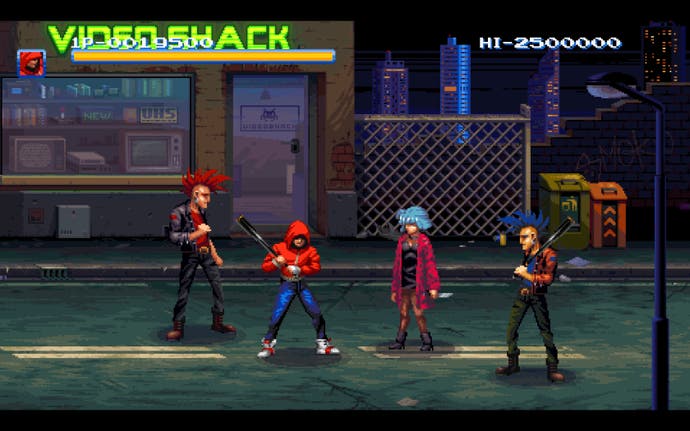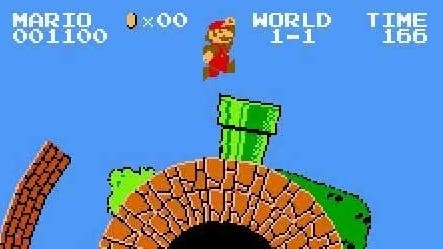I wish you could play a video games anthology-of-moments
Bits and pieces.
When I think of a game I particularly love, I often find myself thinking of a specific moment. I doubt I'm alone in this. I did a very quick poll in the office and a colleague told me that when he thinks of System Shock 2, what he's really thinking of is the experience of crouching in a doorway worrying about the best means to tackle what lies beyond, and I remember the developer Dan Marshall once telling me that Half-Life 2 often exists in his mind purely as that breathless race across the rooftops when the scary vans arrive at the apartment building you're holed up in early on.
I've been thinking about this because over the last few nights I've been reading The Book of Magic: From Antiquity to the Enlightenment. The book is published under the Penguin Classics imprint, but it's something I had no idea that Penguin Classics did. It's an anthology: excerpts regarding magic taken from a variety of classic texts and all laid snugly together. Here's Cicero on Divination. A few pages later and here's Galen testing out an amulet that might cure epilepsy.
I have read anthologies before. We all have! We've read story collections, journalism collections, poetry collections and all that jazz. But this book has sort of stopped me for a second. It's made me realise that, stupid as this sounds, I didn't realise you could do this sort of thing to the classics. I didn't realise that you could take a page here, a chapter there, and put it all together and create something so thematically rich and exciting. Harmonious, certainly, but also jarring and surprising, shocking in the juxtapositions and the revelations of underlying resonance between two distant points.

I have no idea why I am so surprised by this. I think it's because of how I approach the classics themselves. In my head they are moments, but also in my head they are big books on the shelf, and maybe I start at the beginning of the Iliad and work my way forwards until I stop at the end.
This has lead me, inevitably, to my colleague crouched in the corridor in System Shock 2, to Dan Marshall racing across the rooftops of City 17. And man, I suddenly wish you could do this with games. If games are moments, why do we so seldom encounter them as moments? Why has it taken me so long to even consider this question?
Obviously I realise you can do this: Youtube! But good as it is, you're not playing so you're at a level of remove from the off. You could shop around for save files, but there's friction to that. It takes time! And if you avoid save files, it's even muddier. Let's say I wanted to play through that rooftop level of Half-Life 2: I'd need to download the game and work my way through to it, most likely. In that experience, the moment-ness of it is compromised slightly.

Also obviously, I realise this anthology-of-moments business is impossible anyway, or at least unlikely. Let's say you wanted an anthology of great chase moments in games. Or an anthology of the best hacking mini-games, lock-picking mini-games, an anthology of the most satisfying buttons you can press in a game, an anthology of every time you've pressed X to do something dumb. Even as an idiot regarding technical stuff (and other things) I can imagine there'd be problems with all the engines and whatnot these different games use. Even as a business idiot I can imagine there would be problems getting the publishers to play along.
But forget all that, and imagine what an anthology would feel like. Imagine paging through all the best lock-picking mini-games, and all the worst! Imagine playing through games lined up the way they often line up in our heads. How might games feel different afterwards, when you can move for yourself from one particularly good bit to another particularly good bit in a different game? And how might the possibilities of games - and the history of games - feel ever so slightly different afterwards too?

